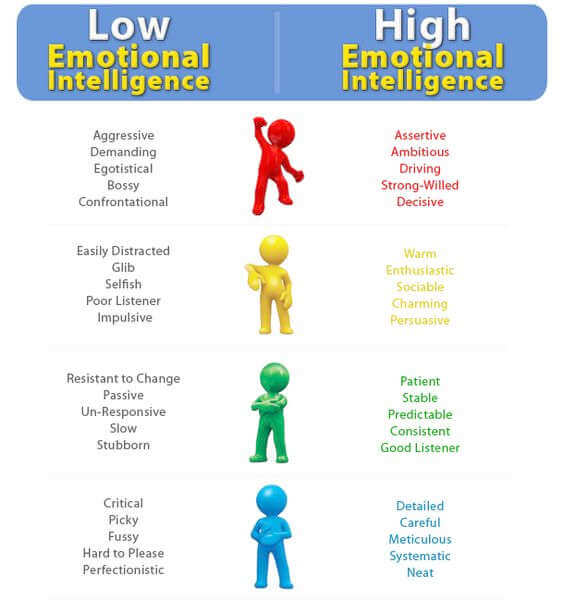I was talking to a friend on the phone. I have recently purchased a home. The home is older then I am and my age is more than you can count on your fingers and toes. I had sent some funds aside for remodeling or much better put upgrading. What I failed to set aside was the mind frame that I had just purchased an old home and with old homes come, well things that need to get fixed. Leave it to friends to remind of your reality. “You purchased an old home.” No, my non-favorite response from my friend is not, “It’s going to be okay.” No kidding! But right now it doesn’t feel okay.
I don’t know about you, those 5 words pierce my heart and invalidate my feeling. Yes, I may be sensitive at that point. That is my right as an individual. I know it is going to be okay. eventually – now is the struggle. The awareness of the now takes versus futuristic thinking. What would it be like if you gave me room to be with my emotions? If I could sit with my stress? If I could sit with my anxiety? If I could just sit with me…..? I could be with my emotion then allow the feeling to flow without minimizing or maximizing the emotion? Your part would be to be my witness.
Emotions are not a bad word nor such a terrible feeling to feel. Perhaps we have spent too much time avoiding emotions and now we have to learn Emotional Intelligence (EI). EI is, for those who do not know, is the ability to identify and manage one’s own emotions, as well as the emotions of others. There are books written on EI. I hold counseling sessions for adults and kids who struggle with EI. Think about that for a moment. We as a society have lost the skill of expressing our emotions or being able to read emotions in others which indirectly impacts our level of empathy and compassion. We fluctuate from being mad to being happy and we label each other bipolar.
Four mental and psychological processes are involved in feeling: Arousal, situation, interpretation, followed by behavior. EI demands awareness of how emotions influence our thinking, judgment, and interpersonal behaviors. Our emotions are responses to our arousal states. Self-awareness is key to our authenticity, sense of agency, and impactful relationships.
Next time when life becomes difficult or when we get disturbing news or when stressful situations appear persistent allow yourself compassion. Not, it is not a good situation. Allow yourself the emotion of disappointment or pain. Don’t catastrophize simple notice. If you notice your friend going through a difficult time be there witness. Give them an elbow high five or an empathic expression to let them know they have been heard and that you will be there for the ride. It’s going to be okay; for right now just you may need to cry your tear or eat that chocolate. Take a few deep breathes and rest in the beauty of being human.

Carpe Diem, Gloria


